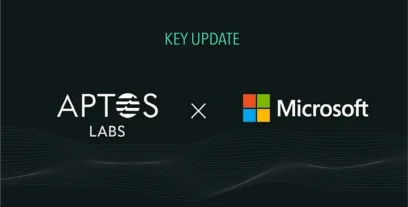
Florida has emerged as the champion in cryptocurrency taxation across the United States, as found in a CoinLedger study. The state’s zero-income tax policy and open-armed approach to digital currencies set it apart. In stark contrast, New York ranks as the least favorable state for crypto taxation, burdened by high taxes and the restrictive BitLicense regime.
Tax Landscape Across the States
Florida’s leading position is bolstered by policies allowing businesses to pay state fees in cryptocurrencies. Texas and Wyoming closely follow, boasting 0% state income tax and encouraging policies towards crypto.
Nevada, not far behind, offers tax benefits and was a pioneer in prohibiting local taxes on blockchain use. Arizona rounds out the top five with a low 2.5% tax on cryptocurrencies counted as income and clear guidelines on tax-free airdrops.
Conversely, California faces challenges similar to New York, with high tax rates and considerations for stringent crypto regulations. This puts them alongside states like Hawaii, Massachusetts, and New Jersey, each with taxation hurdles for crypto transactions.
David Kemmerer, CEO of CoinLedger, stresses the significance of understanding local tax policies for cryptocurrency investors. This becomes even more critical as the IRS modifies its stance on crypto taxation, signaling a shifting landscape in digital currency regulations.
The news you see on this site are collected from reliable news sites. Therefore, original sources are used as much as possible.








Comments (0)